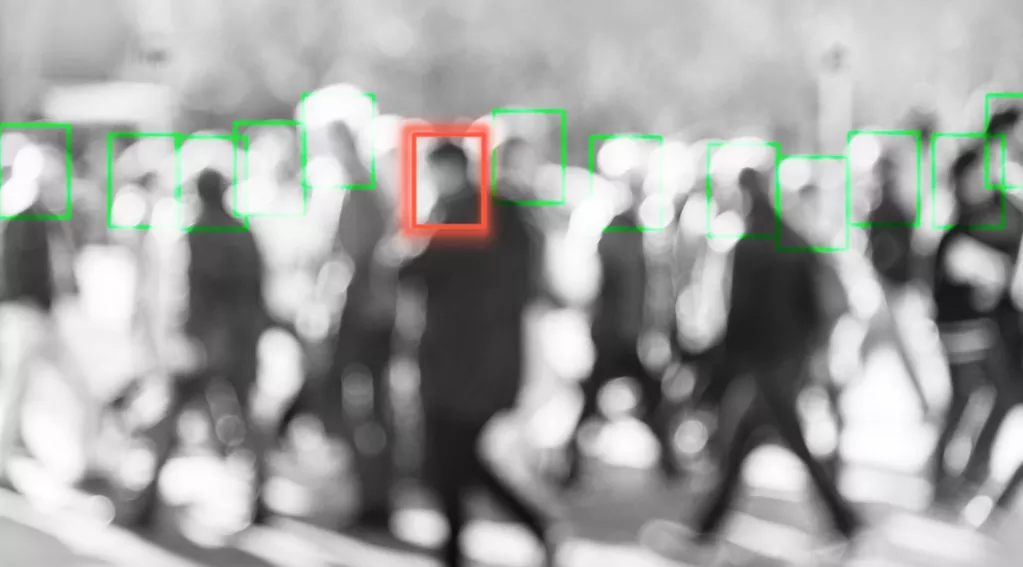We Need a Coronavirus-like Response to the Threat Posed by Chinese Spying

A number of American universities and colleges, including several in Texas, Michigan, and Arizona, have decided to restrict student travel to China in the light of concerns raised by government agencies about the potential danger posed by the novel coronavirus. The recent arrests of three individuals on charges of aiding the People’s Republic of China underscores the need for a similar seriousness in countering the national security threat posed by the communist nation.
The lengths to which China will go to achieve its economic and military goals was evidenced in the Justice Department announcement on Tuesday of charges against Dr. Charles Lieber, Chair of the Department of Chemistry and Chemical Biology at Harvard University, for allegedly lying to the FBI about his ties to the Thousand Talents Plan, a Chinese program designed to recruit Chinese and non-Chinese who will give them scientific and military research.
Lieber, who was the beneficiary of more than$15,000,000 in grant funding from the National Institutes of Health (NIH) and Department of Defense (DOD) since 2008, allegedly lied to the FBI about a contract signed with China’s Wuhan University of Technology that paid him$50,000 a month and covered other living expenses.
Unrelated to Lieber’s case, the Justice Department announced two other arrests which speak to the breadth of China’s espionage efforts. In the first case, Yanqing Ye, described herself as a student on her J-1 visa application, but did not mention (as required) she is a lieutenant in the People’s Liberation Army (PLA), China’s armed forces, and member of the Chinese Communist Party. According to the Justice Department, while Ye was attending Boston University from 2017 to 2019, she “continued to work as a PLA Lieutenantcompleting numerous assignments from PLA officers such as conducting research, assessing U.S. military websites and sending U.S. documents and information to China.”
The other arrest involves China’s ongoing attempts to steal scientific research. In December 2019, Zaosong Zheng, who also came to the U.S. on a J-1 exchange visitor visa, was arrested while trying to return to China with 21 vials of biological research stuffed into his bags.
Unlike the coronavirus, awareness of the China threat is not new. In 2018, Assistant Attorney General John Demers told Congress that China has no qualms about reaching their goals “through malign behaviors that exploit features of a free-market economy and an open society like ours.”
Despite the fact that China’s plans have not been hidden, the government and academia have done little to counter it, according to a report by the Senate Homeland Security Committee’s permanent subcommittee on investigations. That report exposes the inaction from federal agencies over the last 20 years to counter China’s recruitment of potential spies within academia and government laboratories.
Homeland security officials have also been sounding louder alarm bells in the last year as they pursue more than 200 potential cases of espionage on college campuses alone.
Acting Homeland Security Secretary Chad Wolf recently indicated that the Trump administration is planning a more robust response, even if it has to be done through executive action. If there is going to be a serious response to China, then it must be one that reaches beyond mere words and congressional hearings. The United States must respond with an equally societal approach, including rethinking the foreign exchange programs, education and work visas.
The good news is that there seem to be Democrats and Republicans willing to work toward clawing back at China. Rep. Seth Moulton (D-Mass.) plans to introduce legislation to update the Foreign Agents Registration Act and tighten restrictions on researchers in the U.S.
We shall see if the bill actually does anything or goes anywhere. In the meantime, we can wait for the next spy for China is unearthed.

